Explore
Search results

If the First Amendment’s protections against government intrusion are a core tenet of American democracy, what happens when the chief regulators of speech are private technology companies? What is protected, who gets to decide, and what are the implications for our democracy?

The Founders created a representative republic rather than a direct democracy, designed to slow down deliberation so that majorities could rule based on reason rather than passion. But in the age of Facebook and Twitter, new social media technologies have unleashed populist passions and accelerated public discourse to warp speed, creating the very mobs, demagogues, echo ch...
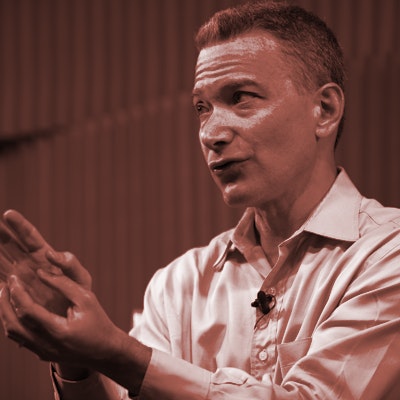
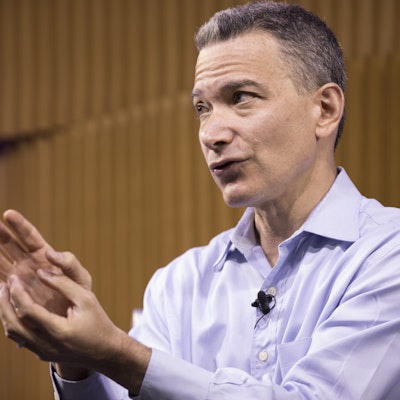
James Madison would be horrified to see how social media has helped unleash populist passions.

In a well-functioning democracy, people do not live in echo chambers or filter bubbles; rather, citizens are exposed to myriad ideas and perspectives even if not their own. Constitutional scholar Cass Sunstein suggests that our current obsession with social media and our online friend groups narrow the scope of the kinds of daily and serendipitous interactions that might o...

Platforms like Twitter and Facebook set the stage for a promising digital revolution, providing tools that helped foster global friendships, let new voices be heard, and served as the ultimate democratizing force for information. But critics argue that rather than uniting and informing, social media deepens social and political divisions and erodes trust in the democratic...


Last year Russia infiltrated the digital networks of federal agencies and many of America’s largest corporations, and last week’s armed insurrection on the US Capitol was fomented through disinformation campaigns on social media.

Hate groups and hate-fueled incidents are spiking in America. The Southern Poverty Law Center, through aggregating media reports and gathered submissions from its website, recently catalogued 1051 acts of intimidation and hate in the first month after Trump won the presidency. What is the evidence of this rising tide, and what does it look like in our communities? What gro...


Does it feel like the quality of our national discourse has gone down in the last several years? You’re not the only one who’s noticed. It’s not individuals who have gotten stupider, says NYU social psychologist Jonathan Haidt, but it’s our collective intelligence that’s suffering. Institutions aren’t getting as much done, and leaders are making rash decisions under the pr...


Today’s young people have not seen a lot of good examples of adults working together to solve problems. Generation Z is coming of age amidst daunting issues like climate change, gun violence, and a teen mental health crisis, and trusted adults seem few and far between to many of them. The rift goes both ways — Baby Boomers and Generation X also report distrust and dislike...


Technology has changed the way we think and interact with one another, and social media platforms are intentionally engineered to be addictive and manipulative. Those messages are in the documentary "The Social Dilemma," which was created by Jeff Orlowski's filmmaking company Exposure Labs. "Big social," says Orlowski, is transforming our information ecosystem. He tells Vi...
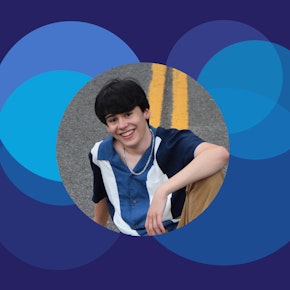
Gen-Z for Change's Aidan Kohn-Murphy on youth-led movements, his advice for young activists, and why it's impossible to lose hope.


Facebook CEO Mark Zuckerberg says the social media giant needs the government’s help when it comes to making certain decisions.

As the Supreme Court concludes another contentious term, it is once again reshaping the legal landscape. With cases on abortion, gun rights and social media — and potentially democracy itself — on the docket, this year’s rulings couldn’t be more consequential.
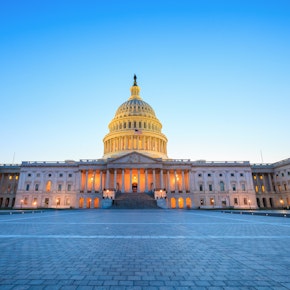
Which countries are doing the most harm to democracy? And why is the United States struggling to maintain a healthy democratic system?

George Soros said social media platforms are the largest threat to democracy. Marc Benioff said we should regulate them like tobacco. Why? Every day, platforms like Facebook and YouTube point their supercomputers at two billion people’s minds to capture their attention, and in the process create social harms that include digital addiction, amplifying genocide, political po...

Get a behind the scenes look at the HBO documentary-news program, “Axios on HBO”, with its Executive Editor and the creative team behind the headline-making series. How did Axios translate its new style of journalism into television story-telling that the Poynter Institute calls "a major player in TV news" and the Baltimore Sun called "the show that almost everyone in the...
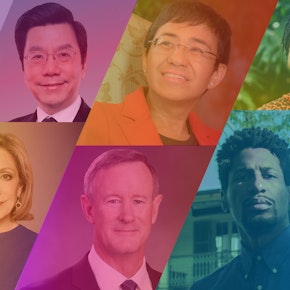

Modern campaigns combine psychology, data, analytics, and technology to persuade and mobilize voters. The smartest campaign teams try to be one step ahead of the voters they’re targeting, even as the 24-hour news cycle and the social media echo chamber move constantly to keep up with this unprecedented election. This session engages political scientists, experts, and campa...

After The Atlantic ran a cover story with the headline “Have Smartphones Destroyed a Generation of Kids?” a spate of stories and opinion pieces followed. The media was flooded with rants in comments sections, a former Facebook exec warned that social media is ripping apart our society, and Apple investors formally asked the company to take measures that would prevent iPhon...

What factors motivate people to make it to the polls in any given year, and what keeps them away? One thing we learned from 2016 is that predicting not only how people will vote, but if they will vote, is extremely complicated. How much impact do positive or negative ads on TV or social media have on voting rates? How and where will gerrymandering, or redistricting, be mos...







